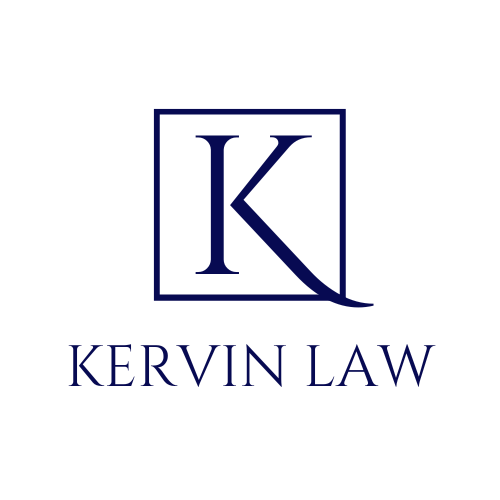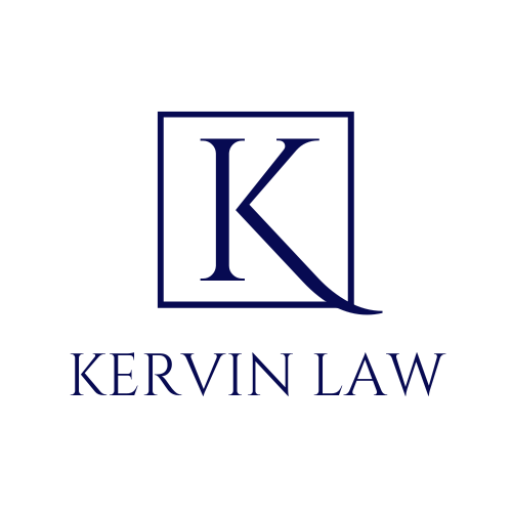What is the difference between libel and slander?
Libel and slander are both forms of defamation, which is the act of making false statements about someone that damages their reputation. The main difference between the two lies in the way the defamatory statement is communicated:
- Libel refers to written or published defamatory statements. This includes statements made in newspapers, magazines, books, online publications, blogs, social media posts, or any other form of written communication.
- Slander refers to spoken defamatory statements. This includes statements made in speeches, interviews, conversations, radio broadcasts, podcasts, or any other form of oral communication.
In terms of legal consequences, both libel and slander can result in a defamation lawsuit if the false statements harm the reputation of the person or entity being targeted. However, the specific laws and requirements for proving libel or slander can vary by jurisdiction.
In general, a defamation case requires the plaintiff (the person claiming defamation) to prove the following elements:
- Publication: The defamatory statement must be communicated to a third party. In the case of libel, this involves the written or published statement being seen by others. In the case of slander, this involves the spoken statement being heard or understood by others.
- Falsity: The statement must be false. Truth is generally a defense against defamation claims, so if the statement is true, it is not considered defamatory.
- Harm: The statement must have caused harm to the reputation of the person or entity being targeted. This harm can be in the form of damage to their reputation, loss of business opportunities, emotional distress, or other tangible or intangible losses.
- Identification: The statement must be about a specific person or entity. It cannot be a general statement that does not specifically identify the plaintiff.
- Fault: In some jurisdictions, the plaintiff must prove that the defendant acted with some degree of fault in making the defamatory statement. This fault could range from negligence to actual malice, depending on the jurisdiction and the status of the plaintiff (public figure vs. private individual).
It’s important to note that defamation laws can vary significantly by jurisdiction, so the specific elements and requirements may differ depending on where the case is being heard.
Tips you should know when searching for a libel and slander lawyer.
You should ask whether the lawyer for defamation has any experience litigating libel and slander cases. Have the sued someone for defamation? Have they defended a defamation suit? If not, you probably need to speak to an attorney experienced with defamation cases.



